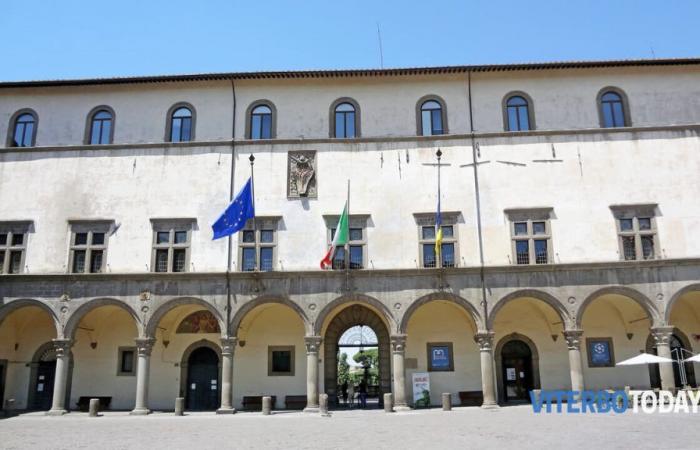How long do companies have to wait to receive payments from the public administration? Unfortunately too long. This was revealed by the study by the Mestre artisans and small businesses association (Cgia) which analyzed the data on the timeliness index of public administration payments. Italy has never been a “lightning star” in liquidations towards assets, so much so that on 28 January 2020 the European Court of Justice stated that the beautiful country had violated Article 4 of the EU directive regarding the timeliness of payments.
From 2020 to today the situation has improved slightly, although some critical issues remain. At a national level on this aspect, as in many others, Italy is split in half. On average, in 2023, local governments in the north were much faster in paying than those in the south. The worst cities are Naples with an average of 143 days of delay, Andria (89 days) and Chieti (61 days).
Viterbo is also included in the list of latecomers, the average is 19 days, and puts the city in nineteenth position in the ranking of the slowest administrations. In Lazio none worse than the city of popes, even if data from Rieti is missing. Fortunately, the good performance of the other three provinces makes the region the fourth best for punctuality. In the province of Viterbo Montefiascone does well with 14 days ahead of the deadlines, Vetralla with 6 and Nepi with 2. Tuscania delays by 4 days.
“For some time now, a new practice has been consolidated imposed by many public managers – writes the CGIA of Mestre in a note attached to the statistical study -, also by companies connected to the regions and local authorities, who unilaterally decide when suppliers must issue the invoice. If the latter do not comply with this provision, working for this institution/company in the future will be difficult. By giving authorization to issue the invoice only when the Administration has the money to pay it, these public structures are able to respect the payment times, thus bypassing the provisions established by law” concludes CGIA.



